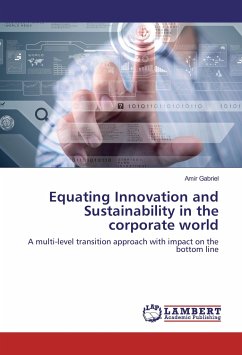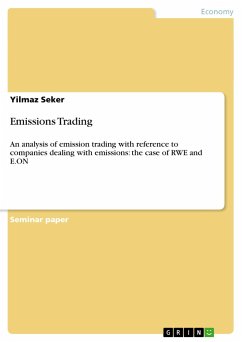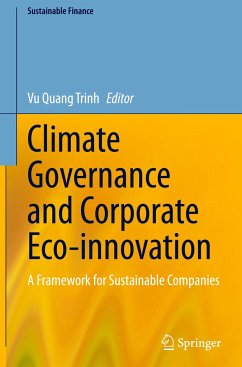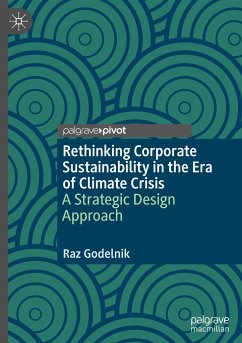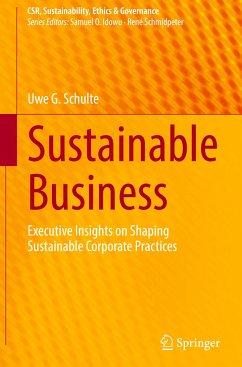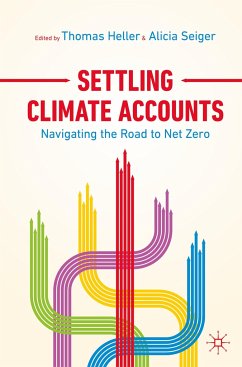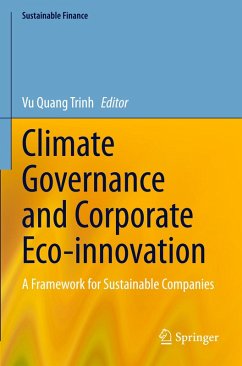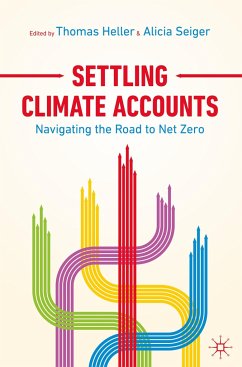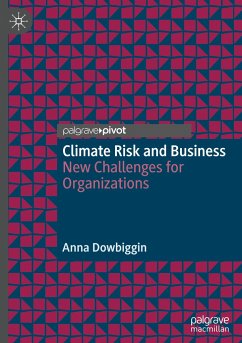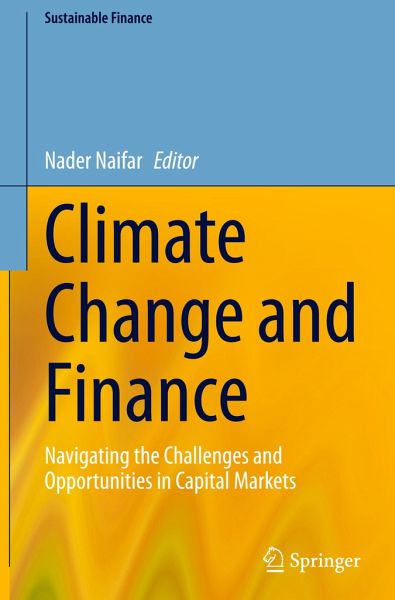
Climate Change and Finance
Navigating the Challenges and Opportunities in Capital Markets
Herausgegeben: Naifar, Nader

PAYBACK Punkte
34 °P sammeln!
Financial markets play a critical role in climate finance as they are a major source of funding for many of the projects and initiatives aimed at addressing climate change. For instance, banks and investors can provide loans and capital to companies that are developing renewable energy projects, building energy-efficient infrastructure, or implementing climate-smart agricultural practices. Moreover, the importance of climate finance in financial markets goes beyond just funding environmental initiatives. Investors and financial institutions are increasingly factoring in climate risks and oppor...
Financial markets play a critical role in climate finance as they are a major source of funding for many of the projects and initiatives aimed at addressing climate change. For instance, banks and investors can provide loans and capital to companies that are developing renewable energy projects, building energy-efficient infrastructure, or implementing climate-smart agricultural practices. Moreover, the importance of climate finance in financial markets goes beyond just funding environmental initiatives. Investors and financial institutions are increasingly factoring in climate risks and opportunities into their decision-making processes, including assessing the financial risks posed by climate change and the potential impact of new regulations and policies aimed at reducing greenhouse gas emissions.
This book is a collection of recent developments in climate change and climate finance. As the global community seeks to address the impacts of climate change, financial institutions are being called upon to play a larger role in supporting the transition to a sustainable economy. This includes incorporating climate risks into investment decisions, developing new financial products that support climate-friendly investments, and promoting greater transparency and accountability in the financial sector. The book provides a comprehensive analysis of how climate change is impacting the global financial system and explores the potential solutions that can help address these challenges. The contributions aim to examine the complex interplay between climate change and finance, and the potential for innovative financial instruments and policies to support the transition to a low-carbon economy.
This book is a collection of recent developments in climate change and climate finance. As the global community seeks to address the impacts of climate change, financial institutions are being called upon to play a larger role in supporting the transition to a sustainable economy. This includes incorporating climate risks into investment decisions, developing new financial products that support climate-friendly investments, and promoting greater transparency and accountability in the financial sector. The book provides a comprehensive analysis of how climate change is impacting the global financial system and explores the potential solutions that can help address these challenges. The contributions aim to examine the complex interplay between climate change and finance, and the potential for innovative financial instruments and policies to support the transition to a low-carbon economy.





